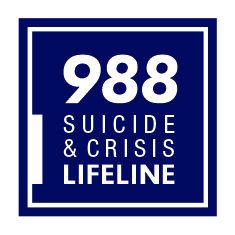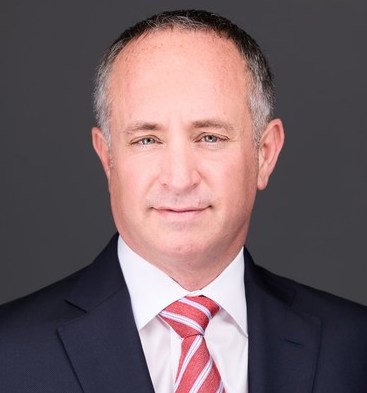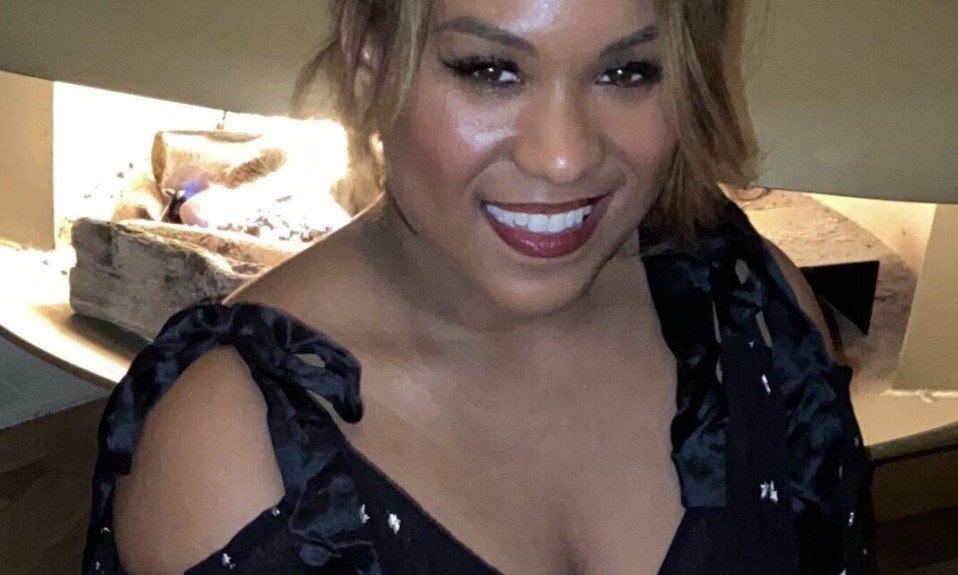Plus: A research network to study chronic pain and OUD, and Aware Recovery’s new CEO
By Dulcie Ulloa
New & Next: Policy
States Gets $105 Million for the 988 Rollout in July

The Biden administration last week announced it is providing $105 million to states and territories to assist in the transition to the National Suicide Prevention Lifeline‘s new three-digit code, 988, which will be available starting July 16 for call, text or chat. The American Rescue Plan funds, which are being allocated through the Substance Abuse and Mental Health Services Administration (SAMHSA), are intended to help states improve response rates, build workforces to meet growing demand and ensure that out-of-area calls are rerouted to their proper call centers. The nationwide transition from the 10-digit number to the 988 code is meant provide easier and broader access to life-saving mental health and suicide-prevention services for those in emotional distress.
The administration has made the strengthening of crisis care a core priority of its mission to address mental health and substance use. Miriam Delphin-Rittmon, PhD, SAMHSA leader and Health and Human Services (HHS) assistant secretary for mental health and substance use, said, “Preparing for the transition to 988 is a top priority for SAMHSA. Not only will we continue working with our national stakeholders to achieve a smooth transition, but these grants demonstrate that states and territories are also critical partners in this effort.”
New & Next: Research
Wake Forest to Develop a Research Network to Study Chronic Pain and OUD
The National Institutes of Health (NIH) has awarded Wake Forest University School of Medicine $4 million to coordinate research into the needs of patients who suffer both chronic pain and opioid use disorder (OUD). The five-year grant, through the NIH’s Helping End Addiction Long-term (HEAL) Initiative, will fund the newly created Integrative Management of Chronic Pain and OUD for Whole Recovery (IMPOWR) center, a project connecting clinical researchers at Wake Forest with colleagues at the University of New Mexico, Yale University, Albert Einstein College of Medicine and the University of Pittsburgh. With help from the grant, each center will conduct two to three clinical trials to develop, evaluate and implement interventions for patients with chronic pain and OUD.
Said principal investigator Meredith C.B. Adams, MD, MS, assistant professor of anesthesiology at Wake Forest University School of Medicine, “There are interventions to treat chronic pain. There are interventions for opioid use, misuse or disorder. But what about treatments for people who have both? Our objective is to find effective interventions to make sure we’re addressing patient pain while also avoiding an escalation of opioid use disorder.”
New & Next: Industry
Holzer Joins Aware Recovery Care as New CEO

Connecticut-based Aware Recovery Care has named Brian Holzer, MD, as its new chief executive officer, succeeding co-founder Stephen Randazzo, who will become the company’s chairman of the board. Holzer previously was with Kindred Healthcare in Louisville and has more than 20 years of experience in both private and public healthcare. He’ll oversee Aware, which currently operates in nine states, as it builds out its innovative model providing addiction treatment and support to clients in their homes rather than in care facilities.
“It’s rare in one’s career that there is an opportunity to join a company that is truly changing lives,” says Holzer. “Aware Recovery Care’s in-home addiction treatment model does exactly that, creating new and effective care standards for substance use treatment.”
New & Next: Webinar
Effective Treatment for Survivors of Intimate Partner Violence
Free registration is open for a live, interactive webinar presented by Gabriela Zapata-Alma, LCSW, CADC, from 3:00 to 4:30 p.m. EST on May 11. In this workshop, Zapata-Alma, associate director of the National Center on Domestic Violence, Trauma, and Mental Health, will present professionals with at least four strategies for increasing safe access to substance use disorder treatment (SUD) for survivors of intimate partner violence (IPV). Webinar participants will develop a practical understanding of the intersectional relationship between SUD and IPV while building the necessary skills to provide IPV survivors with effective care and services for treating SUD.
Top photo: Samantha Gades














